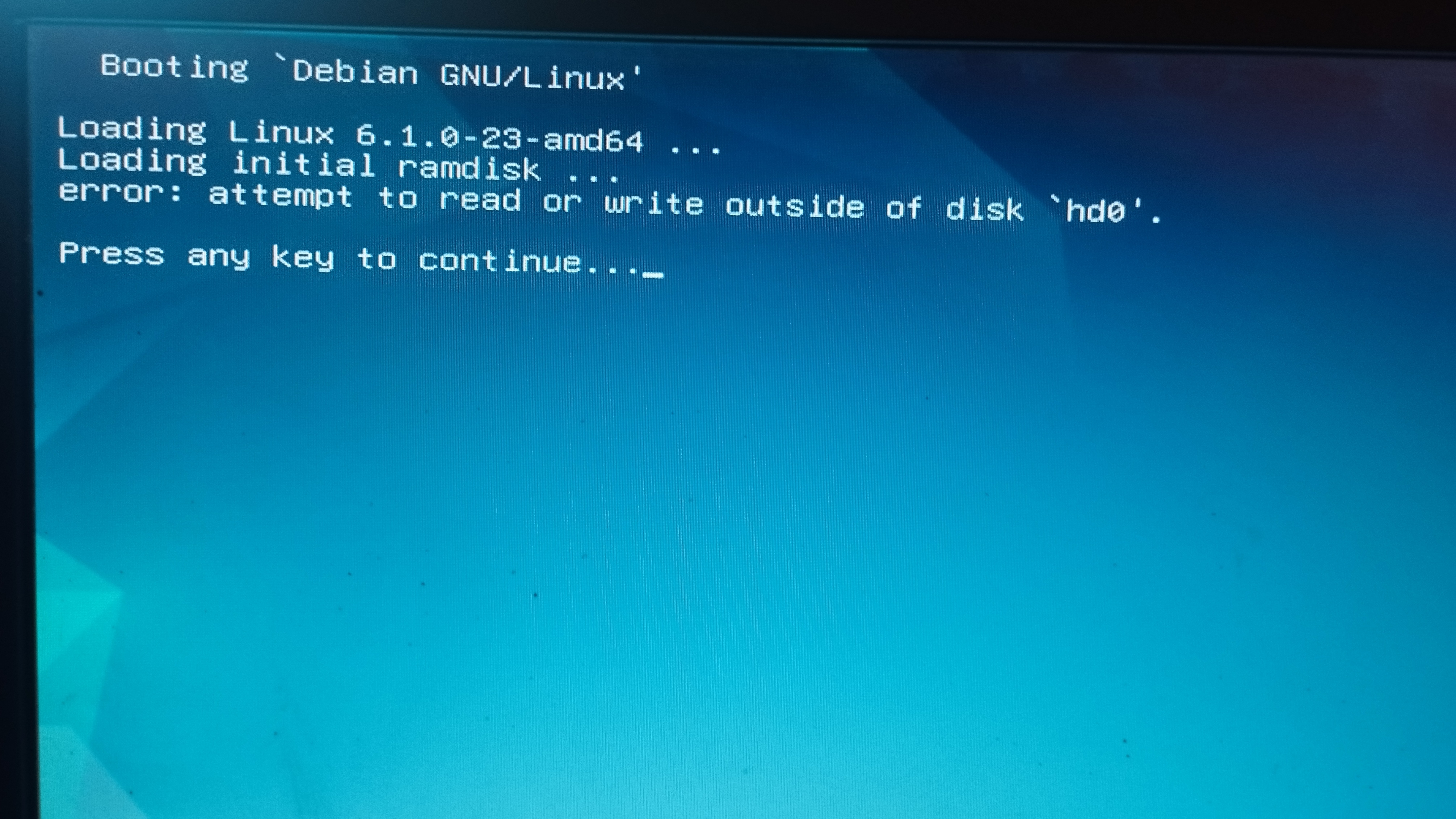134
you are viewing a single comment's thread
view the rest of the comments
view the rest of the comments
this post was submitted on 17 Jul 2024
134 points (97.2% liked)
Linux
47964 readers
1033 users here now
From Wikipedia, the free encyclopedia
Linux is a family of open source Unix-like operating systems based on the Linux kernel, an operating system kernel first released on September 17, 1991 by Linus Torvalds. Linux is typically packaged in a Linux distribution (or distro for short).
Distributions include the Linux kernel and supporting system software and libraries, many of which are provided by the GNU Project. Many Linux distributions use the word "Linux" in their name, but the Free Software Foundation uses the name GNU/Linux to emphasize the importance of GNU software, causing some controversy.
Rules
- Posts must be relevant to operating systems running the Linux kernel. GNU/Linux or otherwise.
- No misinformation
- No NSFW content
- No hate speech, bigotry, etc
Related Communities
Community icon by Alpár-Etele Méder, licensed under CC BY 3.0
founded 5 years ago
MODERATORS

This is after installing debian and booting it up. I used the "complete package" Iso they offer.
Together with all the other information you've shared, it's not entirely clear why it has failed; at least to me.
If you're not married/tied to the installation of Debian, may I suggest installing Linux Mint, Pop!_OS, Tuxedo OS or Zorin OS instead?
There are of course many other distros you could choose, but the earlier mentioned ones are 'stable' like Debian is. I thought that perhaps it was what attracted you towards Debian in the first place.
Yeah, I couldn't find a good solution online either. Maybe It was a bit flip? Guess the universe sent a high velocity particle at my PC from lightyears away just to ruin my day, that's the only explaination I have after seven hours of looking online.
Sure, I'll check out some other distros.
I setup popos and EndeavourOS recently, very easy to install. Learning them was about equal IMO, they have different ways of doing things. I liked PopOS initially because its supported by a company that has financial incentive to make sure it runs reliably.